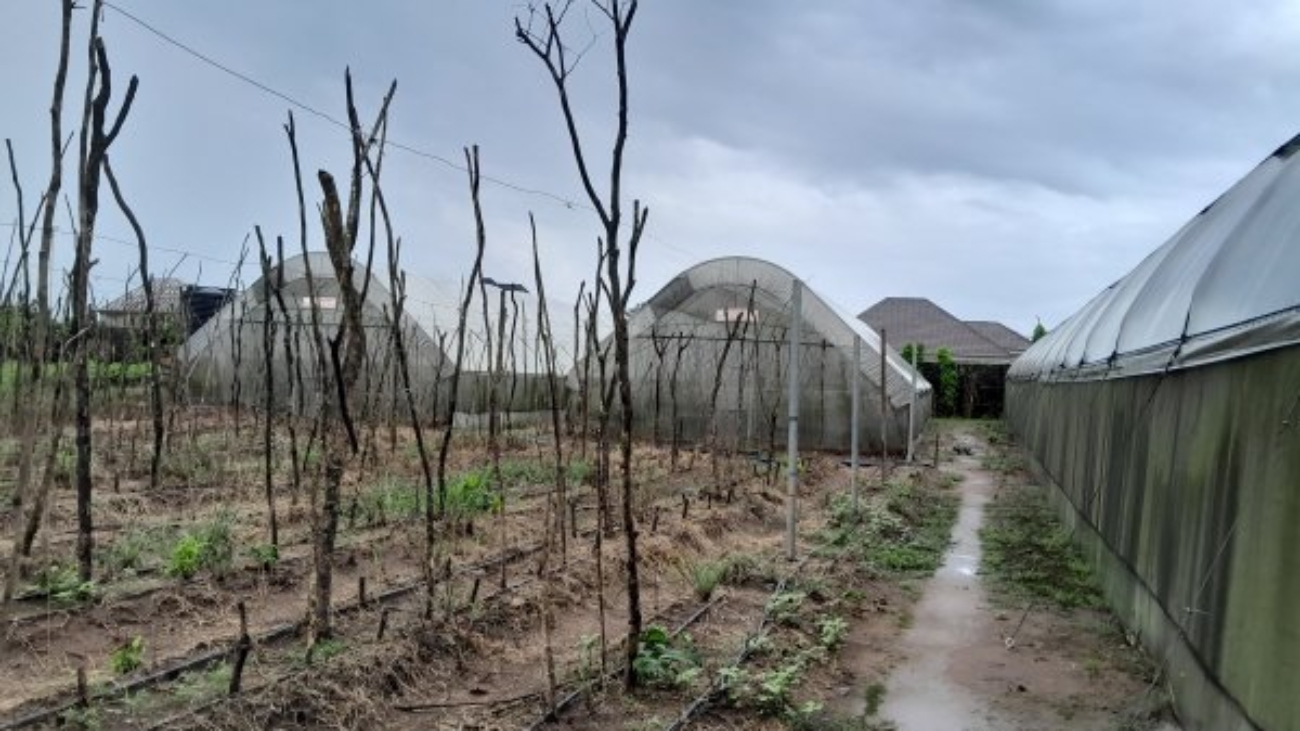The Impact of Climate Change on Food Security in Nigeria
Climate change isn’t just an environmental issue—it’s a direct threat to food security. In Nigeria, where millions rely on agriculture for survival, shifting weather patterns and extreme climate events are disrupting crop yields, threatening livelihoods, and increasing food prices. At One Foundation, we are committed to addressing these challenges and building resilient food systems.
How Climate Change Affects Food Production
- Irregular Rainfall and Droughts
Farmers are struggling with unpredictable weather patterns. Too much or too little rain at the wrong time can lead to crop failure and poor harvests. Staple crops like rice, maize, and beans are particularly vulnerable to these shifts. - Increased Flooding
Rising temperatures contribute to more frequent floods, washing away crops and livestock. Flooding also damages farmland, reducing the amount of arable land available for cultivation. - Pests and Crop Diseases
Warmer temperatures have led to an increase in pests and crop diseases that can devastate farms. This not only reduces food production but also makes it harder for farmers to manage their resources.
The Ripple Effect on Food Security
With lower crop yields and disrupted supply chains, food prices rise, making it harder for families to afford nutritious meals. This contributes to higher rates of hunger and malnutrition, especially among children and pregnant women.
The economic impact is equally severe—many smallholder farmers lose their income and are pushed further into poverty, creating a cycle of food insecurity.
What We Are Doing to Build Resilient Food Systems
At One Foundation, we believe that sustainable solutions are essential to mitigate the effects of climate change on food security. Here are some of the steps we are taking:
- Promoting Climate-Smart Agriculture: We train farmers on sustainable farming practices that conserve water, improve soil health, and increase crop yields despite changing weather patterns.
- Empowering Local Communities: We support farmer cooperatives and provide tools that help farmers access markets, store produce effectively, and get fair prices for their crops.
- Advocating for Renewable Energy Solutions: By introducing solar-powered irrigation systems, we help farmers reduce their dependence on erratic rainfall.
- Collaborating with Stakeholders: We work closely with government agencies, NGOs, and international organizations to develop policies that enhance food security and promote sustainable development.
How You Can Get Involved
You don’t have to be a farmer to make a difference in the fight against food insecurity. Here’s how you can help:
- Support Our Projects: Your donations help fund sustainable farming initiatives that empower local farmers and reduce hunger.
- Volunteer with Us: Join our outreach programs and be part of the change in your community.
- Raise Awareness: Share our posts and campaigns on social media to spread the message and encourage more people to take action.
Conclusion: A Call to Action
The battle against climate change and food insecurity requires everyone’s involvement. At One Foundation, we are committed to building resilient communities that can withstand environmental challenges and thrive in the face of adversity.
Together, we can protect our food systems, support our farmers, and secure a better future for all Nigerians. Stay informed about our latest initiatives by visiting our Program Page or join our WhatsApp Channel for real-time updates

